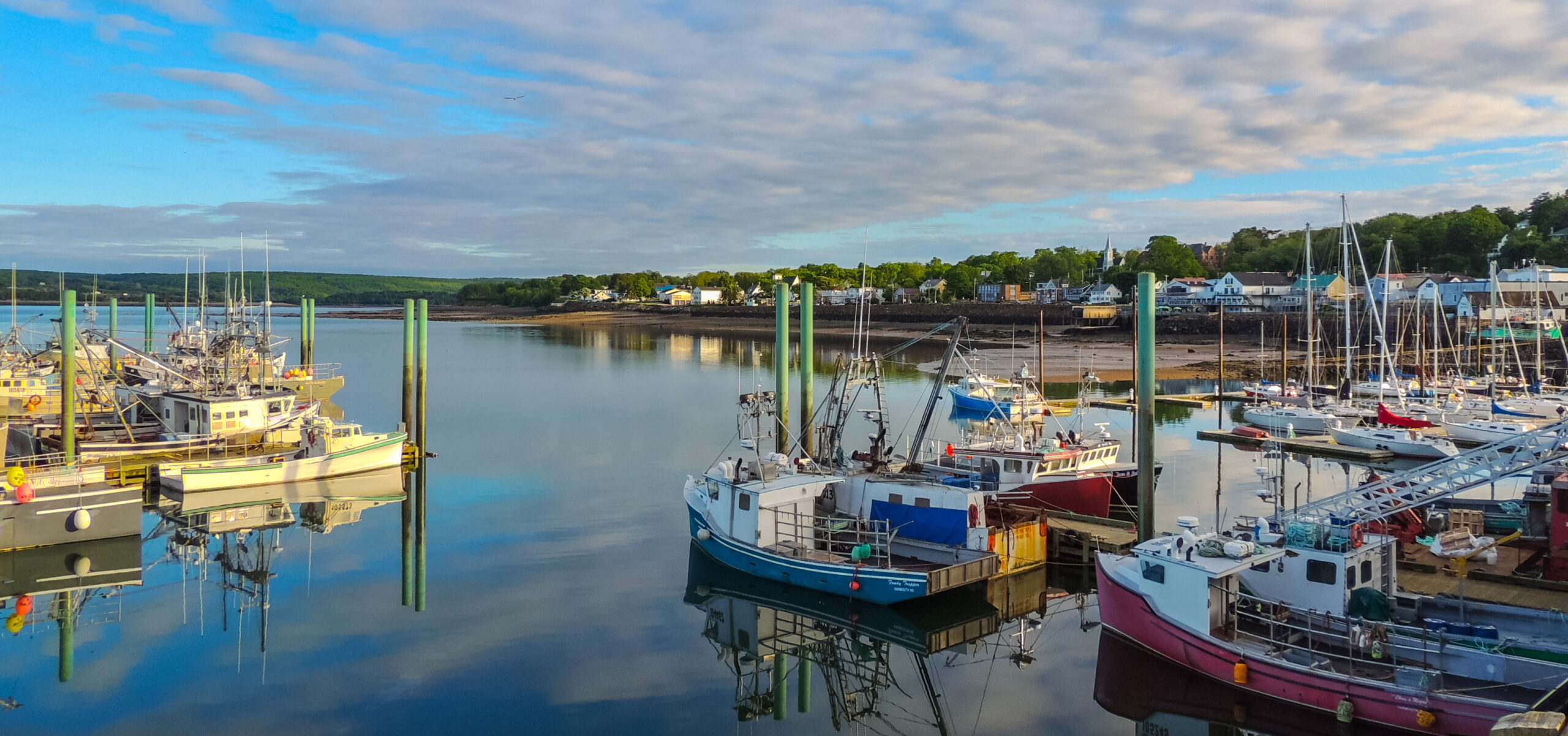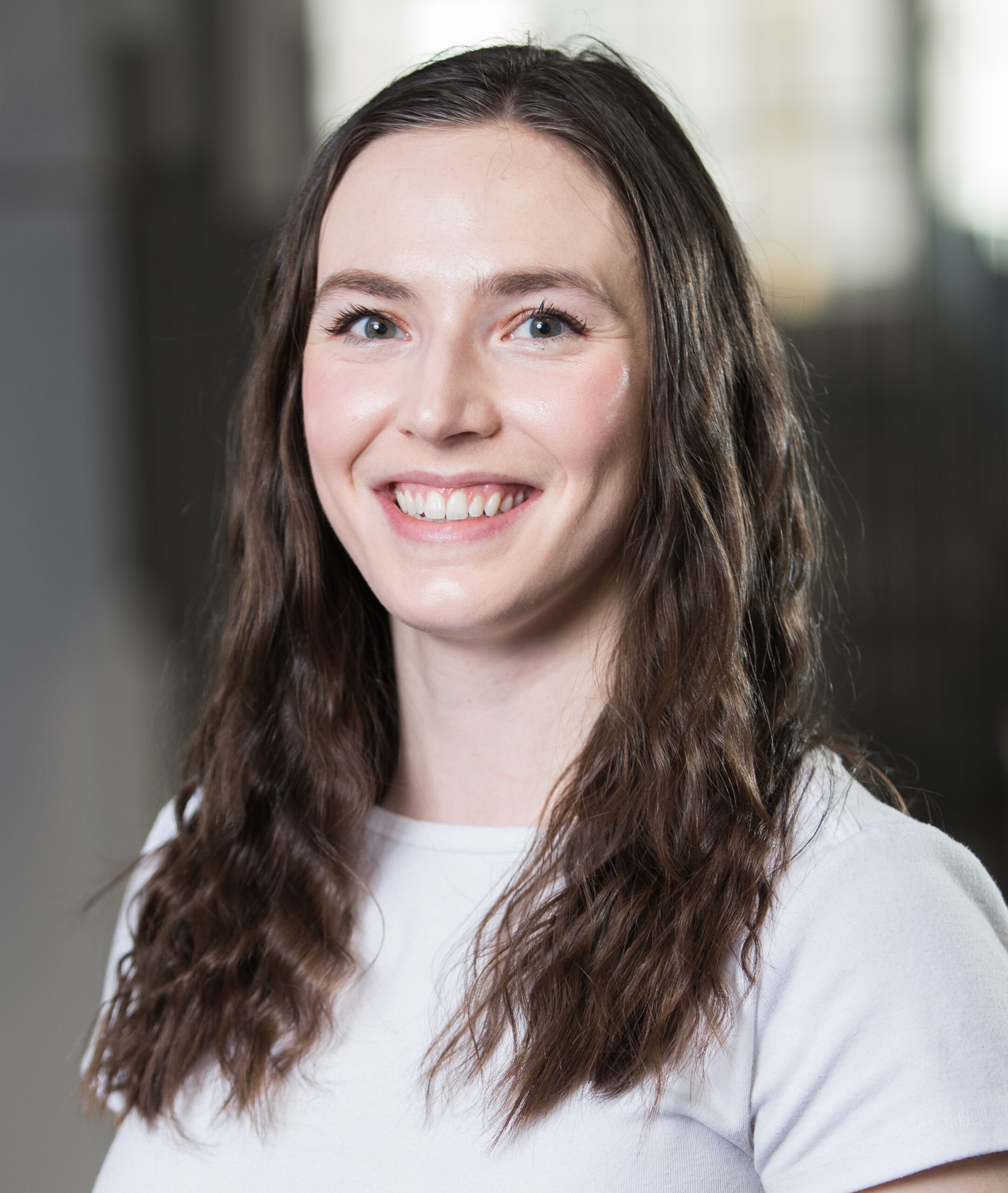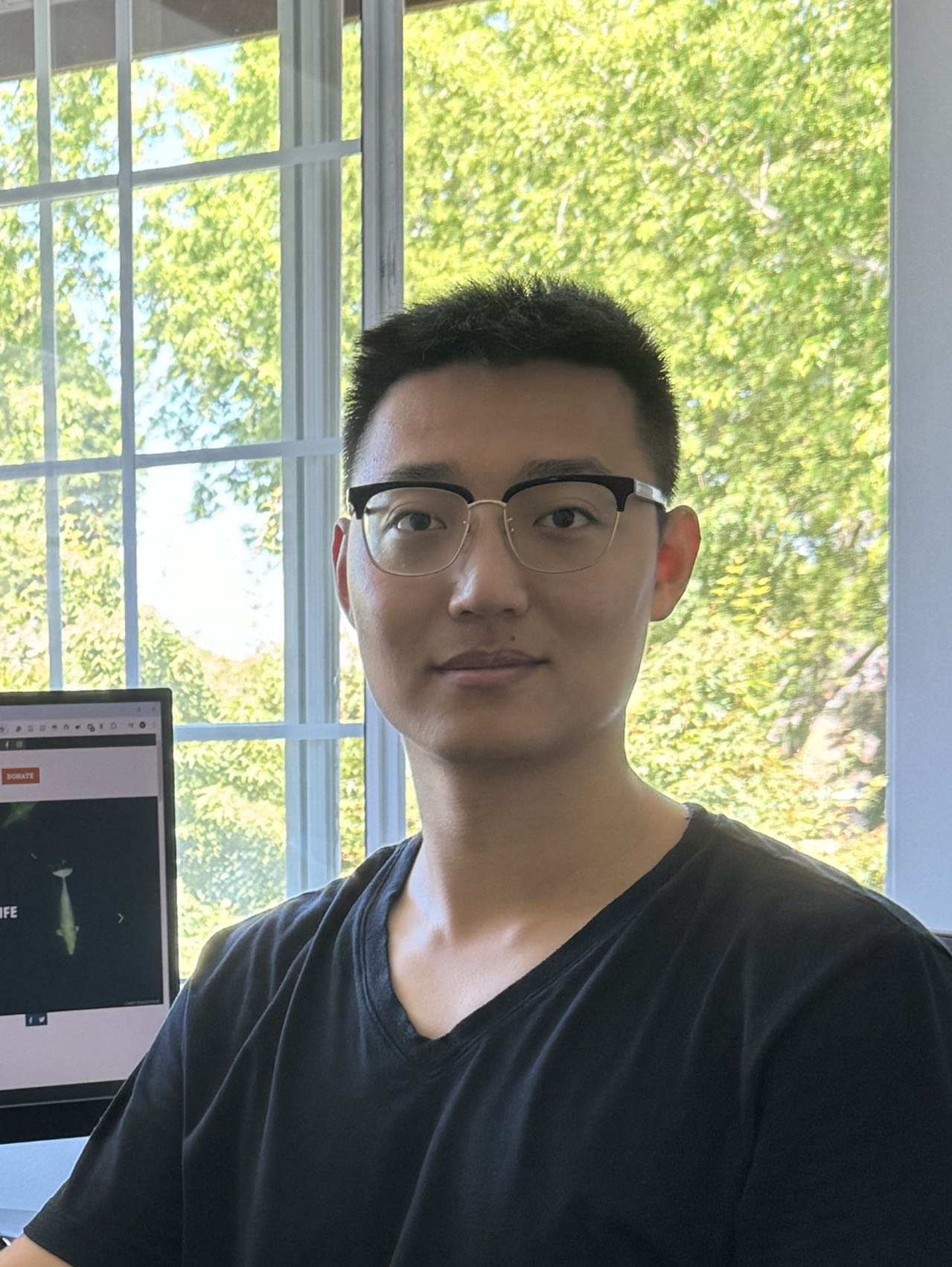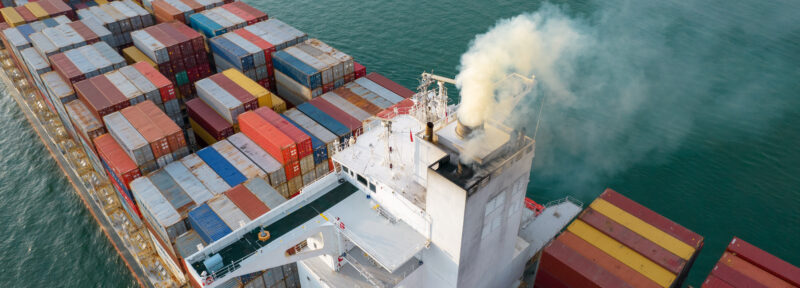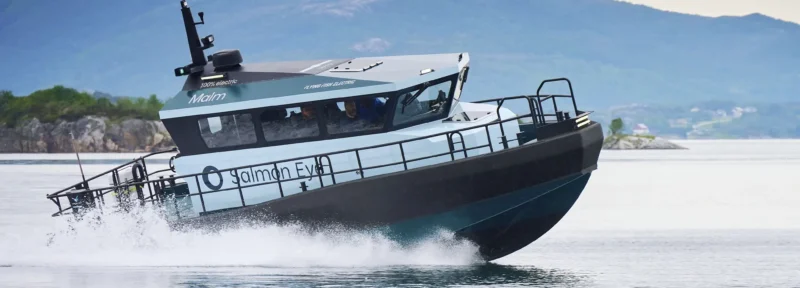From Theory to Practice: Oceans North Interns Are Leading Climate Solutions
Boats in the harbour at low tide in Digby, Nova Scotia.
Credit: Adobe Stock
At Oceans North, we are helping the next generation of climate leaders turn their passion into action by providing meaningful, hands-on opportunities to build climate solutions.
Meet three exceptional research interns—Talia Grunow, Siyang Liu, and Shruti Das—who joined Oceans North in 2024 to gain new skills and expand their knowledge. As part of our Zero-Emission Vessel Program, they are working on innovative projects to decarbonize fishing vessels, advance hybrid propulsion systems, and electrify ferries, each making significant efforts to advance Canada’s marine transition.
“We want to be able to change the boats from diesel propulsion engines into either battery-only or hydrogen-battery hybrids, using hydrogen fuel cells to then recharge the batteries so that they can go longer distances,” Grunow said.
A crucial aspect of Grunow’s project is the local production and storage of hydrogen at the wharfs. Transporting hydrogen is expensive and logistically challenging, but by producing hydrogen on-site using wind or solar energy, costs can be significantly reduced. This makes the transition to greener energy more accessible and economically viable for local operators.
The project also explores bi-directional charging capabilities, enabling boat owners to sell surplus energy back to the grid and providing additional energy security for communities, which will further support decarbonization efforts.
“This will help maintain the cultural integrity and economic integrity of the industry, and it will also help expand this technology to the rest of the province, and hopefully the rest of Canada.”
The project is currently in a data collection phase. Grunow and her team have sent out surveys to fishers to estimate diesel usage, which will inform how much hydrogen needs to be produced. Additionally, data from Oceans North’s lobster fishing electrification assessment is being utilized to determine the energy requirements for Digby’s fishing vessels. This data will guide the sizing of hydrogen electrolyzers and the necessary wind energy infrastructure.
Going forward, Grunow aims to leverage her expertise in sustainable energy development to drive further innovations in decarbonizing maritime industries and hopes to continue working on projects that merge environmental sustainability with practical applications.
His passion for this field is driven by the potential to create lasting environmental change and to contribute to Canada’s leadership in sustainable marine technology.
With Oceans North, Liu is getting hands-on experience working on the assessment and initial design of a brand-new, state-of-the-art, zero-emission Canadian offshore research vessel, which is needed to better support Canadian researchers in their oceanic and climate change studies.
“We identified this research vessel to be the most urgent vessel to be designed, assessed, and built,” Liu said. “We definitely want to phase out fossil fuels and step away from all the traditional fuel technology. We want to get this real sense of low emissions.”
During his research, Liu compared various propulsion systems before concluding that methanol is the most feasible fuel at present. This conclusion is supported by a detailed study of the methanol supply chain and infrastructure across Canada, which shows that methanol is readily available and that the infrastructure is sufficient for research vessel purposes.
A zero-emission research vessel would not only support scientific endeavours but also serve as a demonstration project for new technology.
“We want to use this opportunity to showcase that Canada has the ability to conduct these types of research and use advanced solutions to build global-class vessels,” Liu said. “I really like that this is going to potentially be the first of its kind in Canada, or even on a global level.”
Currently, Liu is in the simulation phase of the project, using a model-based design approach to evaluate different propulsion configurations and determine the most efficient design. He hopes to secure a university teaching and research position, focusing on clean marine propulsion systems, while remaining open to global opportunities in the maritime sector.
“We developed a web application to determine the optimal charging times for ferries, considering their schedules, routes, and charging infrastructure,” Das said. This tool, designed initially for Oceans North, simplifies the process of analyzing ferry schedules to identify the best times for charging, which in turn makes ferry operations more efficient.
The web application Das developed has practical, real-world applications for ferry operators, helping them determine when to charge their ferries to maximize battery longevity and efficiency. The tool can also identify the required battery capacity and optimal charging power, providing a high-level overview of the electrification potential for various ferry routes.
“Ferry operators can use this tool to know the ideal time for charging their ferries, considering factors like schedule breaks and available charging infrastructure at ports,” Das said.
“This project gave me a clear path and made me realize that clean energy and sustainability are where I want to focus my career. Developing this tool was challenging but rewarding, as it has practical applications for improving ferry operations and sustainability.”
The environmental benefits of ferry electrification are substantial, as it significantly reduces greenhouse gas emissions. Electrification and the expansion of renewable energy sources are crucial for meeting the International Maritime Organization’s goal of achieving net-zero emissions by 2050, she said.
Das’s collaboration with Oceans North is now focused on a broader analysis of Canadian ferries, assessing their readiness for electrification and exploring jurisdictional policies and incentives that could support this transition. She is passionate about pursuing a career in the energy sector, particularly focusing on clean energy and sustainability, inspired by her work on electrifying ferries and reducing greenhouse gas emissions.
Matt Dykstra is a senior climate campaigner at Oceans North and is based in Edmonton, Alberta.

